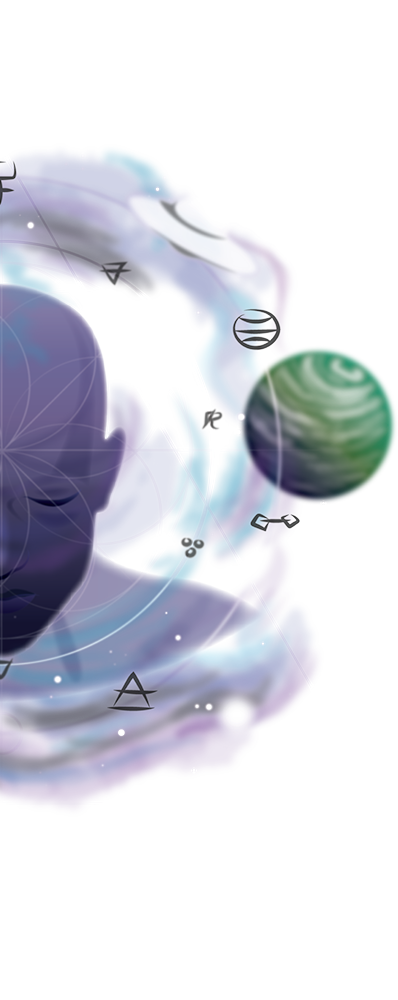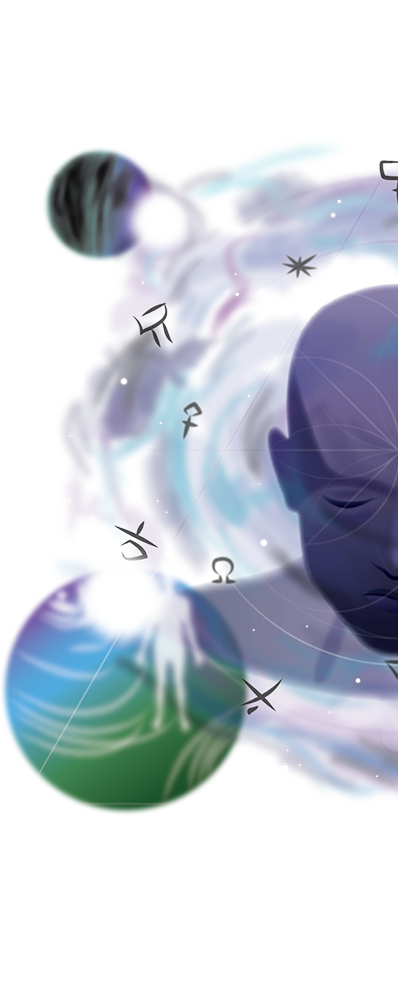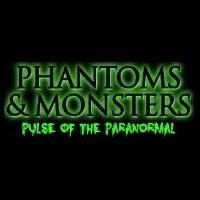By Rosemary Ellen Guiley
Copyright Visionary Living, Inc.
Excerpted from Soul Journeys: Past & Future Lives, c. Visionary Living, Inc., 2012
Just before we are reborn, the veil of forgetfulness descends to block remembrance of our past lives. We come into life with a karmic history and a purpose, yet we have conscious access to neither. According to Eastern philosophy, the forgetfulness is a blessing and enables the soul to make a fresh start in each incarnation. Otherwise, life would be extremely complicated and confusing, perhaps even paralyzing.
Nonetheless, we catch glimpses of the past in certain moments. Fragments, fleeting impressions and feelings bubble to the surface, only to be passed off as imagination in many instances. In some cases, a person may be swept into an incredible vision that unfolds before the eyes.
Past lives can be recalled through guided meditation and hypnosis. In addition, there are many ways to experience past lives spontaneously. Everyone has one or more experiences of the following
Deja vu
Deja vu is an unexpected and unexplained feeling of familiarity in relation to places, events, people, dreams and all manner of experiences. A French term for which there is no exact English equivalent, deja vu means “already seen.” It is a common experience: you meet someone for the first time, yet feel you have known them before; you visit a strange place for the first time and feel oddly at home. Deja vu varies in intensity, from vague feelings of familiarity to specific knowledge, such as how to get around a strange city, or the location of hidden objects in a strange place.
Waking visions
Visions of past lives can be triggered by meeting someone which whom one has a karmic tie, visiting a place tied to a past life, hearing music or even seeing art that has a past-life meaning for the individual.
The visions may flash quickly across the mind’s eye or may appear as detailed hallucinations, in which the present surroundings disappear and are replaced by scenes from the past, and the viewer literally feels transported to another time and place.
Waking visions may be accompanied by a sensation of being out-of-body and being guided by a voice or angelic being. In a nonjudgmental fashion, the guide presents an overview of the past. In some cases, individuals see more than one life. The experience helps the person to focus more constructive energies in the present.
Dreams
Dreams are a rich source of past-life recall. Past-life dreams may occur once in a great while or with great frequency. Distinguishing past-life dreams from ordinary ones is not always easy. Individuals who have experienced many past-life dreams learn to recognize them by the impressions they create. Such dreams usually are extremely vivid and remain sharp in the memory for a long time. Many are lucid, in which the dreamer is aware he or she is dreaming. Recurring dreams often have past-life connections. Interpreting such dreams often requires the help of a therapist who specializes in past-life recall. Dreams should be recorded in a notebook or journal immediately upon awakening.
Spontaneous memories
The ability to remember a past life spontaneously, as though it were just another memory like yesterday or the day before, is rare. Many of the best known cases of spontaneous recall involve young children. By age three, children have learned enough vocabulary skills to describe, even in rough fashion, what they remember. By age eight, past-life memories fade or are obliterated by the present.
Scientists have studied spontaneous recall in children because they talk about places, things and people they have no way of knowing; they exhibit knowledge and skills they have not been taught; and they often can identify people, places and things from the deceased personality’s life. In the eyes of science, these cases constitute the strongest evidence in support of reincarnation, but do not necessarily prove reincarnation.
In contrast, adults who experience spontaneous recall might draw subconsciously upon dozens of sources “forgotten” by the conscious mind, such as old memories of experiences, books and movies.
Resonances
Resonances are similar to deja vu. Places, things, animals, people and activities sometime evoke strong feelings of attraction and significance that have no logical explanation. Perhaps they were significant in past lives, and the associations have carried on into the present life. These resonances can influence our decisions on where we live, what occupations and leisure pursuits we choose, and who we live with and marry.
Illness and accident
Severe illness, especially involving high fever, delirium and coma, sometimes induce past-life recall. Accidents involving severe trauma, especially to the head as in concussions, also jar loose past-life memories. In 1907, three-year-old Dorothy Eady of London tumbled down a flight of stairs and was pronounced dead by a doctor. An hour later, the child was revived completely and seemed to suffer no injuries or ill effects from her terrible fall.
However, Eady soon began having strange dreams of a large building with columns and an exotic garden. She cried that she was not “home,†but didn’t know where “home” was. On a visit to the British Museum, the child was excited by Egyptian artifacts, and declared she had found her people. By age seven, she identified the building in her dreams as the temple of Sety the First, pharaoh of Egypt in the Nineteenth Dynasty, who lived from 1306-1290 B.C. As she grew older, she pursued an intense study of Egyptian history. She eventually recovered memories of a past-life as a priestess of Isis in Sety’s temple at Abydos, and she broke her virginal vows by becoming one of his mistresses. When she became pregnant, she committed suicide.
The Story of Omm Sety by Jonathan Cott describes her moving spiritual journey to reconnect with Sety I. Edy spent much of her adult life living near the Abydos temple, preparing herself for reunion in the afterlife. She died naturally in 1981, and hopefully found her soulmate.
###









